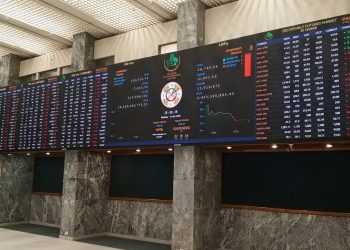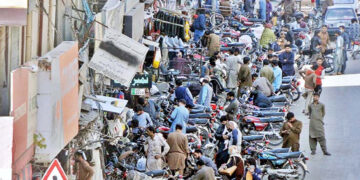The government has sacked over 4,500 employees of the Pakistan Steel Mills. The move is not entirely surprising as the federal government had announced to layoff over 9,300 employees of the loss-making industrial complex as part of a revival process.
Last week, the Economic Coordination Committee (ECC) of the cabinet had approved over Rs19.5 billion for the retrenchment of employees and cleared a year-long backlog of dues. Under the deal, every sacked employee is estimated to receive Rs2.3 million. The decision to terminate all employees was painful but the bearing on the economy was too much to handle.
The PSM is the nation’s largest industrial unit but has been making losses since 2015. Not a single tonne of steel was being produced for the past two years and the entity was bleeding money. The government eventually had no choice to lay off staff and close down the doors.
PSM was set up in the 1970s during the era of former prime minister Zulfikar Ali Bhutto with Russian assistance. It remained in profit in 2001 and between 2007-2008 with record sales of Rs42billion and profit of Rs2.3 billion. Subsequently, years of corruption and mismanagement piled massive debts of around Rs230 billion and losses of Rs160 billion. The entity could not be revived despite bailout packages until it was eventually decided to shut down completely.
The decision is controversial as it has political implications and will be used by the opposition against Imran Khan’s government. They claim that the government is taking away jobs from the masses rather than promising to provide them. The PPP wanted to gain control of PSM and is the biggest critic of the decision terming it an ‘anti-labourer’ policy and wants to rescind the decision.
The domestic production and consumption of steel have also dropped in Pakistan which increased dependence on imports. PSM was not been to catch up with rising demand requires massive investment to expand production as it still relies on old blast technology. PSM requires a total revamp and new investors but the massive debt had created obstacles.
The state cannot bear the burden of unproductive manpower and loss-making enterprises. Yet, we have been burning Rs50 billion annually on the PSM. We need to take painful decisions despite the political repercussion to bring the economy on track.



























